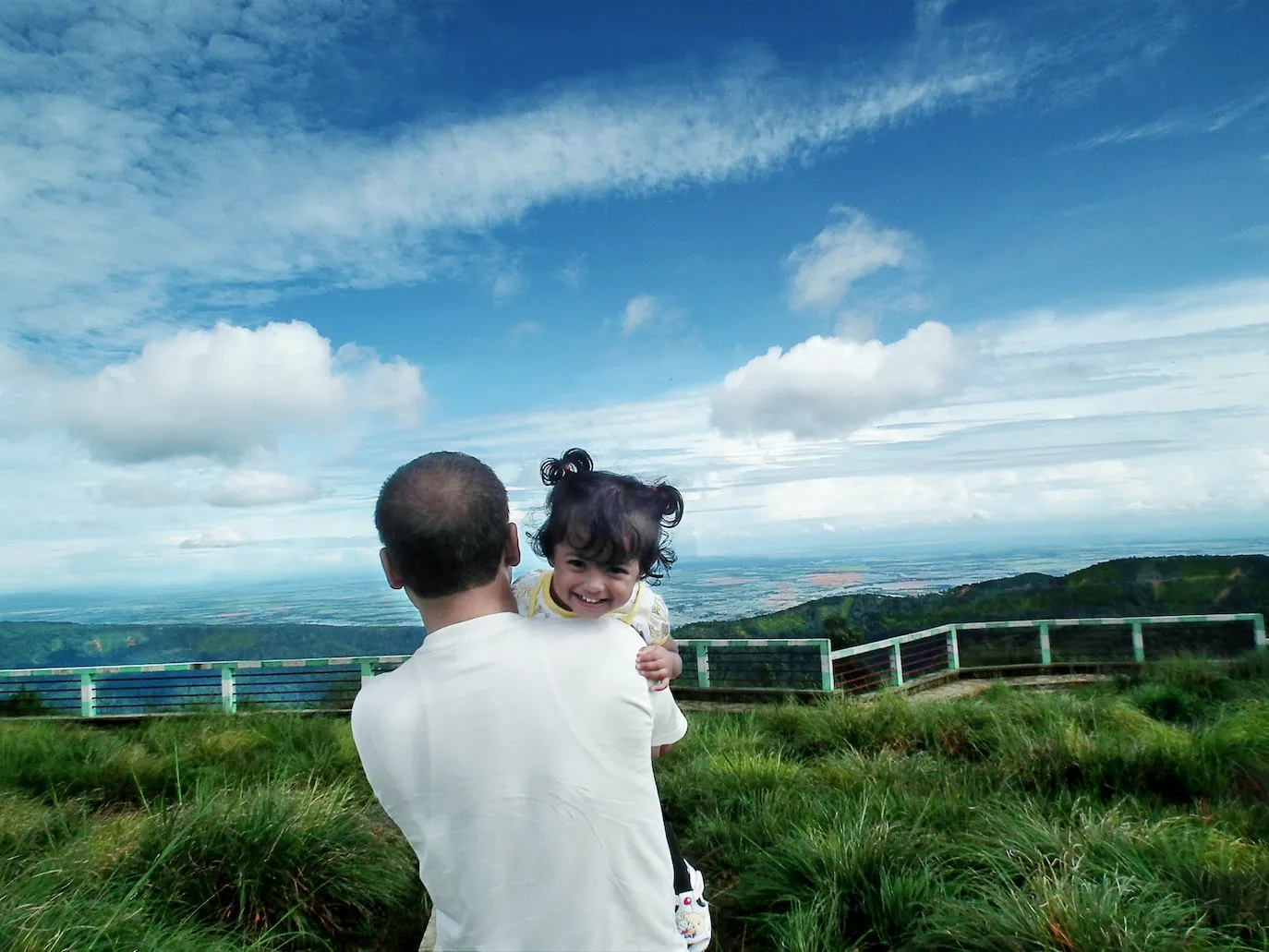The United Nations has denounced a Taliban directive prohibiting women from working for non-governmental organizations (NGOs), stating that the action infringed fundamental rights.
The Islamist authorities defended the action by claiming that female NGO employees had violated dress standards by refusing to wear hijabs.
Just a few days prior, female students were prohibited from attending universities.
The US Secretary of State also criticized the action, claiming that it would be “devastating for the Afghan people.”
One enquired: “If I cannot go to my job, who can support my family?” Another earner of the family’s living described the revelation as “shocked” and said she had adhered to the Taliban’s rigorous dress rule.
A third woman questioned the “Islamic morality” of the Taliban, claiming that she would now find it difficult to pay her bills and provide for her children.
The Ministry of Economy sent a letter to both domestic and foreign NGOs on Saturday with the directive. Any organization that does not immediately comply risks having its license revoked.
It was explained that by not donning the headscarf, ladies violated Sharia law.
The action has generated international anger that US Secretary of State Antony Blinken described “would interrupt essential and life-saving aid to millions.”
“All the world, women play a crucial role in humanitarian efforts. The Afghan people may suffer greatly due to this choice, “added Mr. Blinken.
It was also described as a “clear breach of humanitarian principles” by a senior United Nations official.
Many UN organizations are active in the nation, working on relief and development projects. To address the news, an urgent meeting of the Humanitarian Country Team was scheduled for Sunday.
It is also feared that if organizations are only permitted to hire men, Afghan women may not be able to receive aid directly. Men are not permitted to work with women under Taliban laws.
According to Care International’s Melissa Cornet, hiring women was “critical” to help other women and girls.
Without them, the humanitarian situation may quickly worsen in a nation where the majority already experiences levels of starvation that pose a threat to life.
The restriction was labeled as “yet another reprehensible attempt to eliminate women from the political, social, and economic sectors” in Afghanistan by the South Asian division of Amnesty International.
One doctor who works in the distant regions and northern city of Mazar-i-Sharif expressed her “sadness and devastation” at the news.
She anticipated that women would have “severe trouble” seeking medical care because they “can’t completely convey their issues to men.”
He clarified: “Islam has never said that women cannot educate males and vice versa. Or women are unable to work, but males can. We don’t understand this choice.”
Similar criticism was leveled at an earlier this week prohibition on women enrolling in Afghan universities. Protests were started, including one on Saturday in Herat, which the Taliban quickly ended.
The organization has slowly weakened women’s rights since retaking power in the nation last year while vowing its rule to be more tolerant than in the 1990s.
In addition to the ban on female university students, which armed guards enforce, most provinces prohibit girls from attending secondary schools.
In addition, women have been denied access to parks and gyms, among other public spaces.




